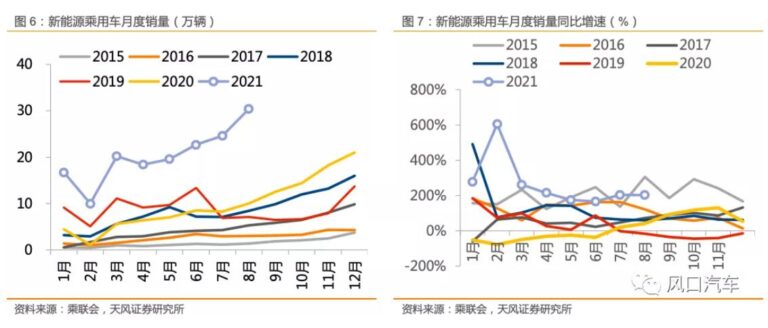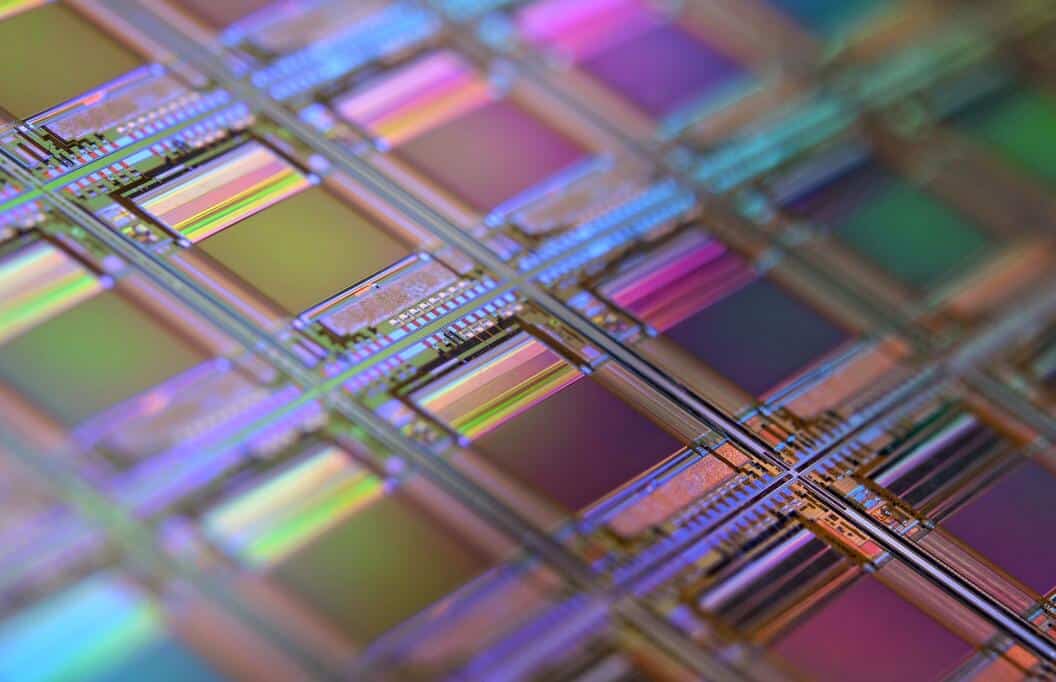Chip shortages are a major problem for car companies, and China's market regulator has begun cracking down on dealers who hype prices.
China's State Administration for Market Regulation (SAMR) said it has fined three auto chip distributors a total of 2.5 million yuan ($400,000) for inflating the price of auto chips.
According to an announcement on the SAMR's website, the three companies are Shanghai Qiete Electronics Co, Shanghai Chengsheng Industrial Co, Shenzhen Yuchang Technology Co.
Next, the SAMR will continue to pay close attention to the price order in the chip field, strengthen price monitoring, and crackdown on illegal acts such as hoarding and price gouging to maintain good market order, the announcement said.
The SAMR said in a Q&A that the shortage of automotive chips has led to a significant decline in the production and sales of cars in China, while at the same time, some dealers have maliciously snapped up the chips, hoarding them and inflating their prices, causing the prices of some automotive chips to continue to rise.
Some chip prices rose 3-10 times, and some even rose 30-40 times, seriously affecting the orderly production and healthy development of China's automotive industry, the SAMR said.
In August this year, the SAMR sent an investigation team to investigate some auto chip distribution companies for alleged price gouging.
It was found that the three dealers had significantly increased the price of some auto chips, such as selling chips that cost less than RMB 10 yuan at a high price of more than 400 yuan, an increase of 40 times. Under balanced supply and demand trading conditions, auto chip traders generally charge a markup of 7-10 percent, the SAMR said.
The year-long global shortage of automotive chips still shows no sign of easing. Automotive demand has recovered, but the chip shortage has caused more and more car companies to cut and stop production, local media thepaper.cn reported late last month, telling the story behind it.
In October last year, Asahi Kasei Technosystem's (AKM) chip factory caught fire. By now, the price of automotive chips had risen dozens, if not hundreds, of times.
AKM's inventory became even tighter after the fire, and some distributors took advantage of the opportunity to quote prices several times higher that customers could accept. So chip prices across the industry began to rise, the report said, citing a source at a chip distribution platform.
At this time, AKM's chips have not yet risen in prices outside China, the distributors then buy chips from abroad at low prices and sell them in China at 20-30 times the price, the person said.
For STMicroelectronics' products as well, the distributor gradually increased the price from three or four times to test the customer's bottom line.
After this year's Chinese New Year, a chip that cost a few tens of yuan went up to more than 100 yuan, then to about 300 yuan, and now the price has risen to nearly 1,000 yuan.
Distributors' inventory comes from manufacturers' backlog inventory, agents dumping their supply chips, refurbished products and counterfeit goods, the source said.
With the SAMR taking action to regulate order and the easing of the Covid-19 outbreak in Southeast Asia, the chip shortage problem is expected to accelerate.
From September, as the Covid-19 epidemic in Southeast Asia is gradually brought under control, chip production capacity is expected to continue to recover, and the chip shortage problem is expected to be effectively improved in mid-to-late September, TF Securities' automotive team said in a report on Thursday.
China's auto industry is expected to enter the inventory-raising phase, with manufacturers' production and wholesale volumes expected to pick up, the team said.
The traditional peak season for China's auto consumption is approaching, and consumer demand will be further released, helping auto sales return to growth in the second half of the year, the team said.
(Photo source: Unsplash)

